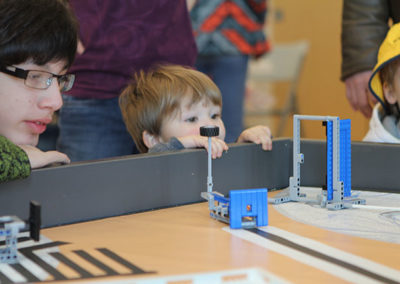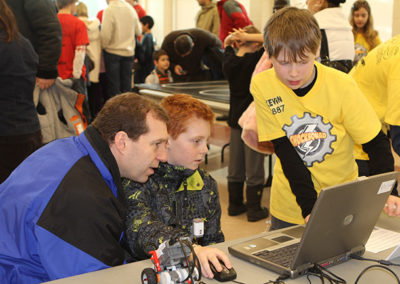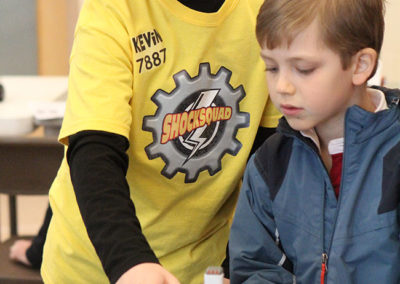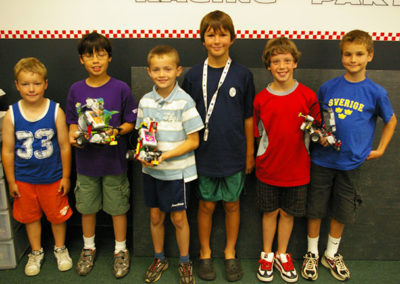Why Robotics For Children?
1. Children find it fun
There is nothing more fun than learning something and being able to apply it immediately to see if it works. There is a powerful feeling of immediate achievement as children learn a logical instruction, send it to their robot and see if it does what they wanted it to, and if it didn’t? Then, they problem solve.
2. It is an effective way of introducing programming
Programming can be too abstract. By seeing what a robot can and can’t do, students learn the need for precise instructions and logical thought. Programming involves the STEM subjects of science, engineering and maths and gives them an understanding of how they link together.
3. Suitable for children with a range of abilities
Children who have an interest in math and sciences will gravitate to programming robots. They do not need to be the smartest child in their class or be “gifted”. The repetition, predictability and clear emotions that are involved in programming the robots work well for most children. There is also evidence that robots can be particularly suitable for engaging children who are on the autism spectrum, because they respond to the calm, clear, consistent interactions that the robots provide.
4. Demystifies a complex technology
Robots will be part of our children’s futures. Understanding what machines can and can’t do is the best way to address any fears and the experience in trying to build and program them gives them the appreciation of their capabilities and strengths.
5. Provides skills useful in future employment
There’s no doubt that there will be a need for people to be involved in programming mechanical devices in the future. By programming robots at an early age, children can develop logical thought processes and find their aptitudes and interests for future education.
6. Children can compete in healthy competition
There are many opportunities for children, once they have learned the programming of the robots, to channel their competitive instincts in a positive way. These competitions give the children opportunities to work in a team environment. The team atmosphere allows children to develop problem solving, conflict resolution and critical observations, what employers are calling “the soft skills”. This means sometimes being the leader, the follower, the monitor of the progress, meeting deadlines and working with others to achieve a common goal.
Many employment experts agree that the technology skills will get you an interview but it is the soft skills that will get you the job, and help you to keep it.





